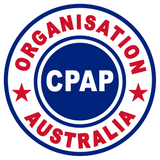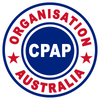How to choose the right CPAP mask?
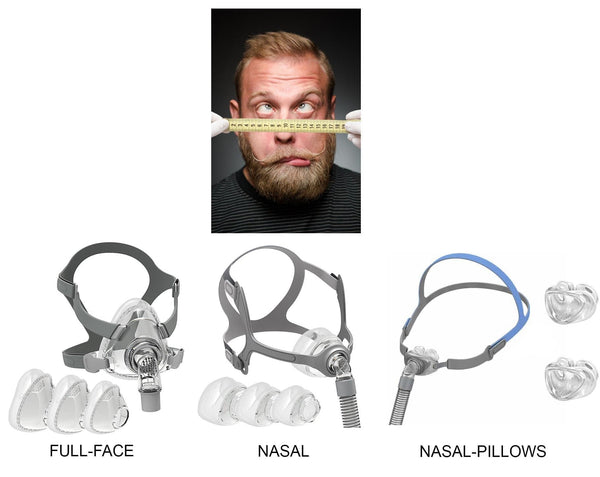
When choosing a CPAP mask online there are a few factors you could take into consideration. It's good to know a little about what’s available in terms of style, technology and comfort. There are two main types of CPAP masks, a nasal mask which delivers airflow through the nose only, and a full face mask such as f30i, which sits over the nose and mouth and allows you to breathe through either.
The best place to start, and where a good CPAP therapist will always start, is by looking at your nose and how well you can breathe through it. If your nose commonly blocks during the night, or if you frequently have blocked sinuses, a nasal mask may not be the best option to begin with. However, if you are keen on something smaller, as nasal masks often are, don't be discouraged, you can work towards using one and clearing your nose. Discuss strategies to reduce nasal congestion with your GP or Sleep Physician.
The second thing to take into consideration, and often closely related to nasal congestion, is whether you breathe through your mouth at night, that is, without CPAP therapy. If you commonly wake with a dry mouth it is possible that it falls open when you are sleeping. Mouth breathing, known as mouth leak, when using CPAP therapy, occurs when air leaks out of your mouth. It is problematic not only because you are losing vital airflow, which should be keeping your airway open and preventing collapse during sleep apnea, but also because a mouth leak can disturb your sleep, resulting in fatigue upon waking. If a mouth leak is severe, a nasal mask may not work well for you. There is always the option of a chin strap, an aid which is worn around the head to keep the jaw closed, (which is not as scary as it sounds). If this does not work for you then a full face CPAP mask may work better.
Nasal CPAP Masks
Nasal masks is always encouraged as the preferred type of CPAP mask because it is the smallest and lightest, especially the nasal pillow type. Breathing through your nose is preferred by specialists, and patients encounter fewer CPAP problems later on, such as mouth breathing, dry mouth and tongue, sleep disruption and drooling. Patients often report that they can adapt to CPAP therapy faster and with fewer problems with a small and compact mask.
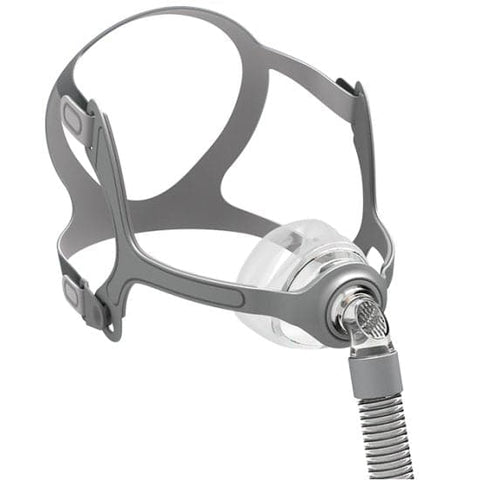
We have the BMC N5A available which is our conventional nasal mask. The silicone cushion sits around the nose with this design. If you want a mask that is small and compact, but still with some stability this is a great CPAP mask to try.
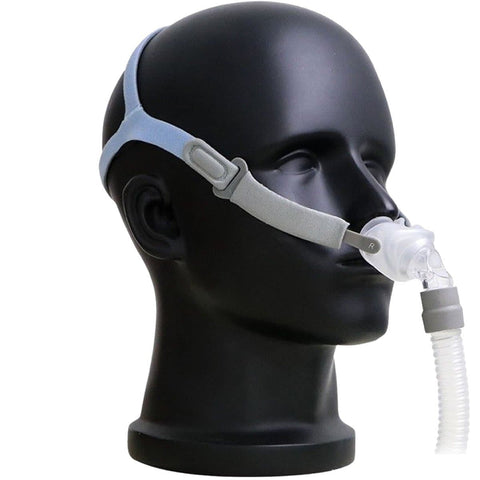
Full Face CPAP Masks
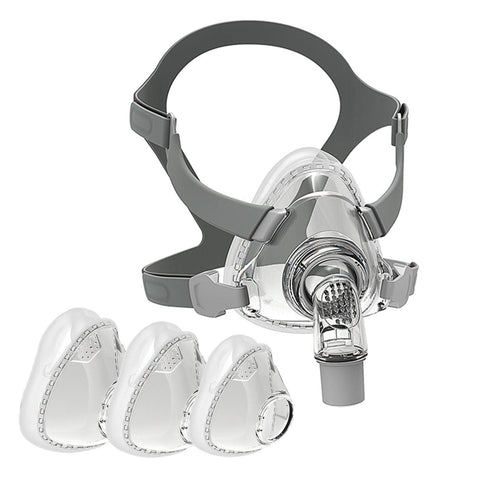
When using a full face mask try to breathe through your nose as you fall asleep, later during the night if your mouth drops open, you will still receive adequate airflow in order to prevent sleep apnea. If you cannot breathe through your nose that is okay, this mask is designed for you! Our most popular Full-Face mask is the F5A. The modern design of the F5A may suit you better than older Full-Face styles if you often feel claustrophobic, or if you like to read in bed before you fall asleep because your line of sight is less obstructed.
CPAP Mask Fit
To ensure your CPAP mask fits correctly there are several factors to consider. When you put the mask on for the first time, fit the mask while you are sitting up, however, to ensure the best seal, always lie down and practice with airflow coming through the mask. Your face shape will change when you lie down, and leaks may begin. If you are unable to stop leaks either by adjusting the straps and headgear, or by lifting the mask off the face and placing squarely back on down, it may be the wrong size or you may need a sleep apnea chin strap.
CPAP Mask Discomfort
You may not be able to feel any mask discomfort until you wake during the night. If the mask seal, which is the silicone cushion in contact with your skin, is rubbing and causing a sore spot, always try a barrier cream from your pharmacist before giving up on the mask. Use the cream during the night, and a repairing cream during the day. Often the skin becomes used to the mask, and you will not always need the cream.
Do not be discouraged if you do not find the right mask straight away. Treating sleep apnea is vital for your health and wellbeing (link to article on side effects of sleep apnea), and the first 4-6 weeks can be filled with ups and downs. Keep persevering with CPAP Therapy and mask types, it is very rare that patients cannot find a mask that suits them. Contact us today if you have any questions.
